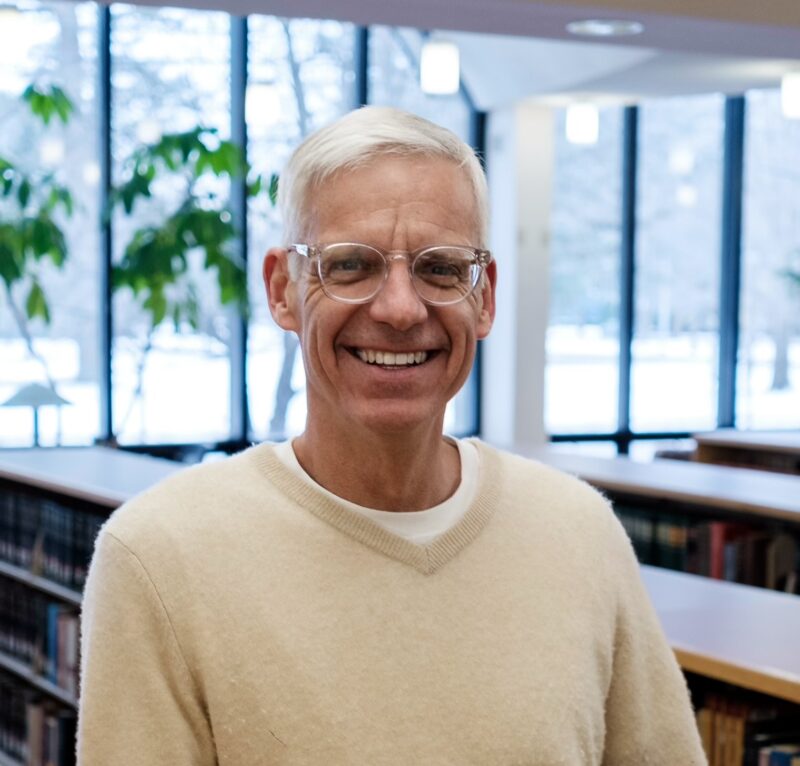
©Charles Dorn
Climate Change. Species Extinction. Deforestation. Toxic Waste. For more than a century, Americans have quarreled over the causes and consequences of environmental decline. The ferocity of these debates—and the way they exposed profoundly conflicting understandings of the natural world—compels the question of how Americans came to learn about the environment over time.
My current research reveals that between the end of the nineteenth and the beginning of the twenty-first centuries, educators, entrepreneurs, policymakers, and others systematically indoctrinated young people into settler-colonial political, economic, and cultural values under the guise of learning about the natural world. Why have Americans long been in conflict over the environment? They were taught mostly through nature rather than for it.
In this talk, I will discuss the origins of my book project as well as the challenges associated with writing an educational history that examines learning both inside and out of formal institutions.
Charles Dorn is an educational historian and the Barry N. Wish Professor of Social Studies at Bowdoin College (Maine, USA). His work has appeared in History of Education Quarterly, Southern African Review of Education, and Diplomatic History, and has been featured in Time and Fortune Magazines and on National Public Radio’s Throughline. Dorn is the recipient of two U.S. State Department Fulbright Awards and a Landhaus Fellowship at the Rachel Carson Center for Environment and Society, Ludwig Maximilian University (Munich, Germany). He is the author of For the Common Good: A New History of Higher Education in America (Cornell University Press, 2017) and, with co-author Randall Curren, Patriotic Education in a Global Age (University of Chicago Press, 2018). His current project explores the history of environmental education in the United States between the late nineteenth and early twenty-first centuries.

